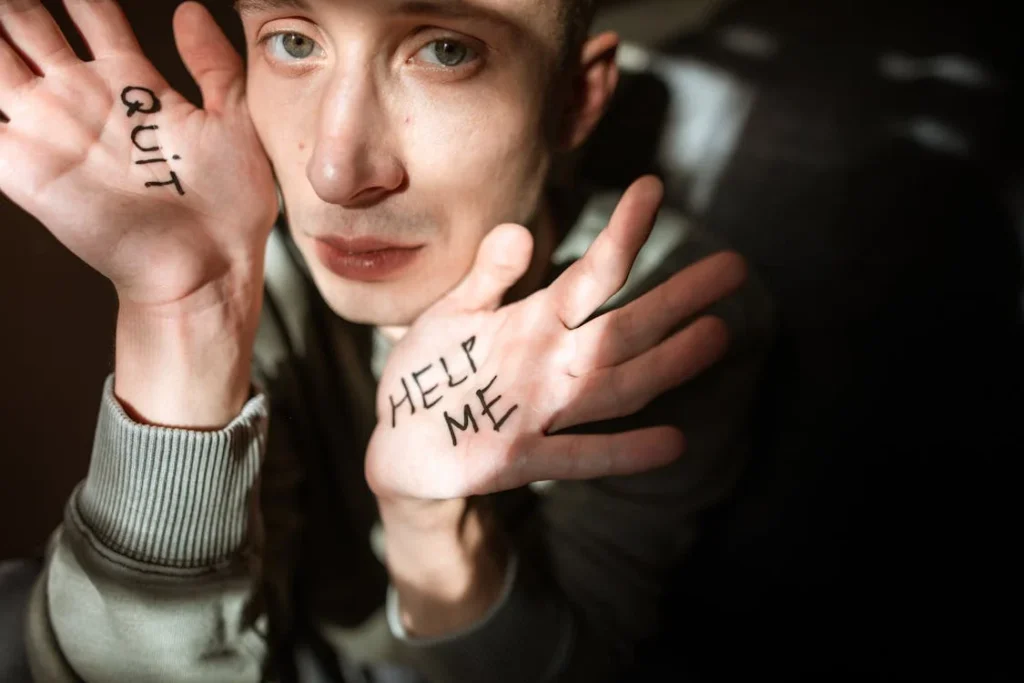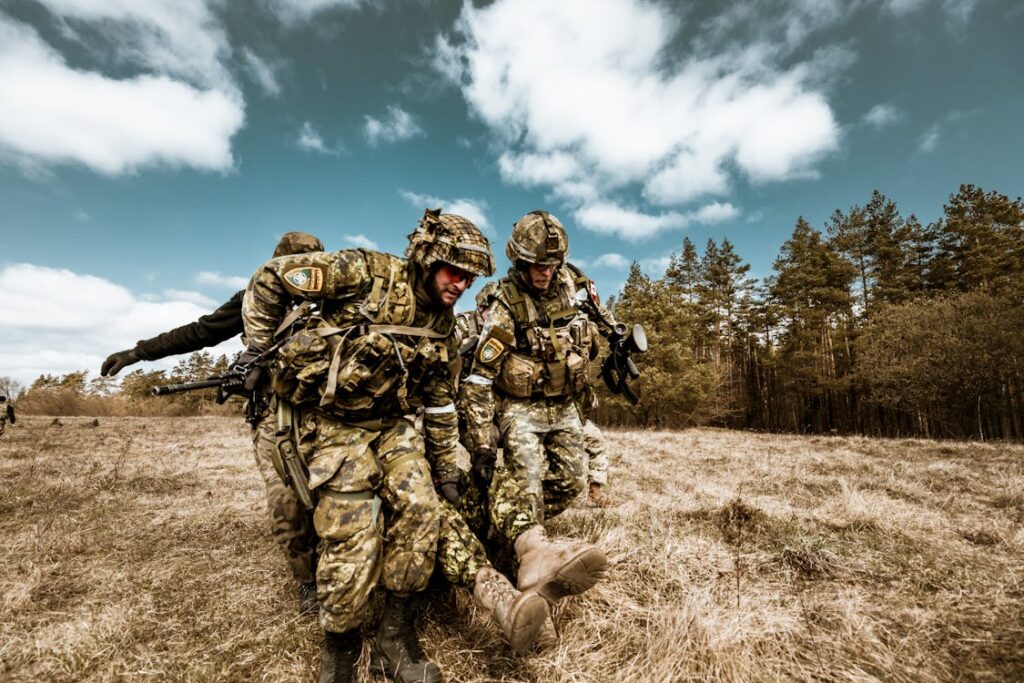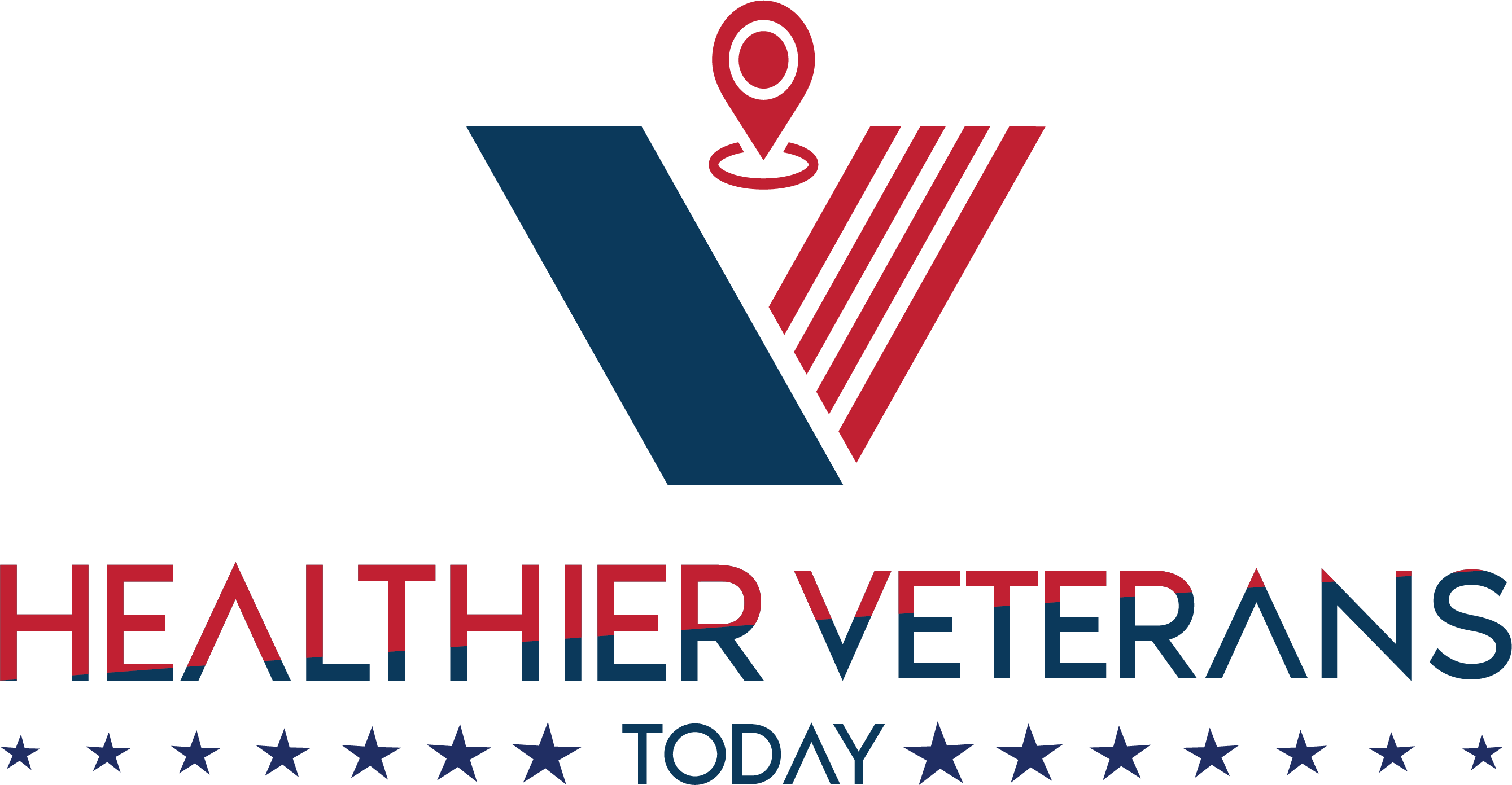Have you heard of PTSD disability, or have you been diagnosed? Welcome, dear readers, to a compassionate exploration of post-traumatic stress disorder (PTSD) in our brave veterans. In this enlightening guide, we’ll embark on a journey to deepen our understanding of PTSD disability, unravel its unique impact on veterans, and explore practical strategies for managing and offering support. Join me as we navigate the terrain of resilience, hope, and holistic well-being for those who have courageously served our nation.
Table of Contents
Unveiling the Complexities of PTSD Disability

Defining PTSD:
Let’s start by demystifying PTSD disability. Post-traumatic stress disorder is a mental health condition that may develop after exposure to a traumatic event. For veterans, experiences in combat zones or other challenging environments can leave lasting imprints on their mental and emotional well-being.
Common Triggers and Symptoms:
Understanding common triggers and symptoms is essential. Veterans with PTSD may experience flashbacks, nightmares, hypervigilance, and avoidance of reminders related to their traumatic experiences. Recognizing these signs is the first step toward providing meaningful Veteran PTSD Support.
The Unique Landscape of Veteran PTSD
Military-Specific Traumas:
Veterans often face traumas unique to military service, including combat-related stress, witnessing casualties, or dealing with the loss of comrades. Acknowledging these specific stressors helps tailor support to the distinct needs of veterans.
Transitional Challenges:
Transitioning from military to civilian life can be another significant stressor. The shift in identity, routines, and Veteran PTSD Support systems may intensify the challenges veterans with PTSD face. Addressing these transitional hurdles is crucial for fostering a smooth reintegration process.
The Role of Understanding and Empathy
Cultivating a culture of understanding is fundamental. By raising awareness about PTSD and its impact, we can create an environment where veterans feel seen, heard, and supported in their unique journey toward healing.
Dispelling Stigmas:
Stigmas surrounding mental health can be pervasive. Encouraging open conversations, dispelling myths, and fostering an environment of acceptance contribute to breaking down these barriers, allowing veterans to seek help without fear of judgment.
Managing PTSD Disability: A Holistic Approach

Professional Intervention:
Seeking professional help is a vital component of managing PTSD. Trained therapists and counselors use evidence-based therapies such as cognitive-behavioral therapy (CBT) and eye movement desensitization and reprocessing (EMDR) to address PTSD symptoms.
Medication Management:
In some cases, medication may be prescribed to alleviate specific symptoms. Collaborative discussions between veterans and healthcare providers help tailor medication management to individual needs and preferences.
Mind-Body Practices:
Mind-body practices, including mindfulness, meditation, and yoga, offer holistic approaches to managing PTSD symptoms. These practices promote emotional regulation, stress reduction, and a sense of grounding for veterans.
The Crucial Role of Support Systems
Family and Social Support:
The Veteran PTSD Support of family and friends is invaluable. Building strong social connections provides a safety net for veterans. Educating loved ones about PTSD helps foster understanding and facilitates more meaningful support.
Veteran Support Groups:
Veteran PTSD Support groups offer a sense of camaraderie and shared experiences. Connecting with peers who understand the challenges of military service creates a supportive community where veterans can exchange insights and encouragement.
Tailoring Support for Veterans
Customizing Therapeutic Approaches:
Therapists may customise therapeutic approaches to recognise that each veteran’s journey is unique. Tailoring interventions to align with individual preferences and needs enhances the effectiveness of PTSD management.
Accessible Mental Health Resources:
Ensuring accessibility to mental health resources is crucial. From online counseling services to local mental health clinics, providing veterans with easy access to support fosters a proactive approach to managing a PTSD disability.
Nurturing Resilience and Positivity
Strength-Based Approaches:
Embracing strength-based approaches highlights veterans’ resilience and capabilities. Focusing on their strengths and achievements, rather than solely on challenges, empowers veterans to see themselves as resilient individuals capable of growth.
Positive Psychology Practices:
Integrating positive psychology practices, such as gratitude exercises and mindfulness, contributes to a positive mindset. These practices enhance emotional well-being and support veterans in navigating the ups and downs of their journey.
Community Involvement and Advocacy
Community Education Initiatives:
Community-wide education initiatives play a vital role. Workshops, seminars, and awareness campaigns contribute to building a supportive community that actively participates in understanding and addressing Veteran PTSD Support.
Advocacy for Veteran Mental Health:
Advocacy efforts at local, national, and international levels are crucial. By actively advocating for veteran mental health, we contribute to creating policies and resources that Veteran PTSD Support the well-being of those who have served.
Celebrating Stories of Triumph
Highlighting Personal Journeys:
Celebrating stories of triumph is essential. By showcasing the personal journeys of veterans who have successfully managed a PTSD disability, we inspire hope and resilience. These narratives serve as beacons of light for others on their path to healing.
Recognition of Progress:
Acknowledging and recognizing progress, no matter how small, is a powerful motivator. Veterans who see the positive impact of their efforts are more likely to stay committed to their well-being journey.
The Path to Continued Healing

Ongoing Education and Awareness:
The journey towards understanding and managing PTSD in veterans is continuous. Ongoing education and awareness initiatives ensure that communities stay informed about evolving strategies, resources, and breakthroughs in PTSD management.
Cultivating a Culture of Continuous Support:
Cultivating a culture of continuous support involves fostering an environment where veterans feel comfortable seeking assistance at any stage of their journey. This ongoing commitment helps build trust and encourages veterans to seek consent when needed.
Utilizing Technology for Support:
Leverage technology to enhance support services. Telehealth options, mental health apps, and online communities provide accessible and convenient avenues for veterans to connect with mental health professionals and peers.
Empowering Veterans Through Employment and Education
Employment Opportunities and Accommodations:
Facilitating employment opportunities and accommodations is integral. Many veterans find purpose and stability through meaningful work. Employers can contribute by offering flexible schedules, understanding concessions, and creating a veteran-friendly workplace.
Educational Access and Resources:
Access to educational resources opens doors to personal growth and skill development. Initiatives that provide veterans with educational opportunities, scholarships, and career counseling contribute to their overall well-being.
Strengthening Community Partnerships
Collaboration with Veteran Service Organizations:
Strengthening partnerships with veteran service organizations enhances the scope and impact of support initiatives. By collaborating with these organizations, communities can streamline resources and extend support to a broader network of veterans.
Community Mental Health Programs:
Investing in community mental health programs ensures the availability of local resources. From counseling services to support groups, these programs contribute to a network of care that is easily accessible to veterans in need.
Veteran-Centric Initiatives
Holistic Wellness Programs:
Implementing holistic wellness programs addresses the multifaceted needs of veterans. These programs may include fitness classes, art therapy, and nutrition workshops, promoting overall well-being and resilience.
Outdoor and Recreational Activities:
Outdoor and recreational activities provide therapeutic benefits. Nature-based programs, group outings, and recreational events offer veterans opportunities to connect with others and engage in activities that support mental and emotional health.
Addressing Substance Use and Addiction
Integrated Treatment Approaches:
For veterans facing substance use or addiction challenges alongside PTSD, integrated treatment approaches are crucial. Programs that address co-occurring disorders ensure a comprehensive and tailored approach to recovery.
Community-Based Recovery Support:
Community-based recovery support networks play a vital role. Peer-led recovery groups, sober living communities, and mentorship programs create a supportive environment for veterans working toward substance use recovery.
Navigating Life Transitions
Assistance in Major Life Changes:
Major life transitions, such as retirement or changes in family dynamics, can impact veterans with a PTSD disability. Offering assistance and guidance during these transitions helps mitigate stress and ensures a smoother adjustment period.
Family Counseling and Support:
In recognizing the interconnectedness of veteran well-being with family dynamics, providing family counseling and support services fosters an environment where veterans and their loved ones can navigate challenges together.
A Collective Commitment to Hope
Community Events and Celebrations:
Organizing community events and celebrations dedicated to veterans acknowledges their service and sacrifice. These events provide opportunities for connection, camaraderie, and celebrating milestones in their journeys.
Recognition of Supportive Communities:
Recognizing and celebrating communities that actively support veterans creates a positive feedback loop. Highlighting examples of communities that go above and beyond in supporting veteran well-being encourages others to follow suit.
A Future of Resilient Veterans

Is PTSD a disability? Yes, it is! As we conclude this exploration into understanding and managing PTSD in veterans, let us collectively envision a future where veterans thrive in resilient communities that honor their service, embrace their unique needs, and provide unwavering support on their journeys to healing.
May this guide inspire continued optimism, compassion, and actionable steps towards creating a world where no veteran feels alone in their struggle and the collective commitment to their well-being ensures that every hero receives the support they deserve. Together, we can build a future where the bravery of our veterans is met with a chorus of gratitude, understanding, and a shared commitment to a brighter and more resilient tomorrow.





